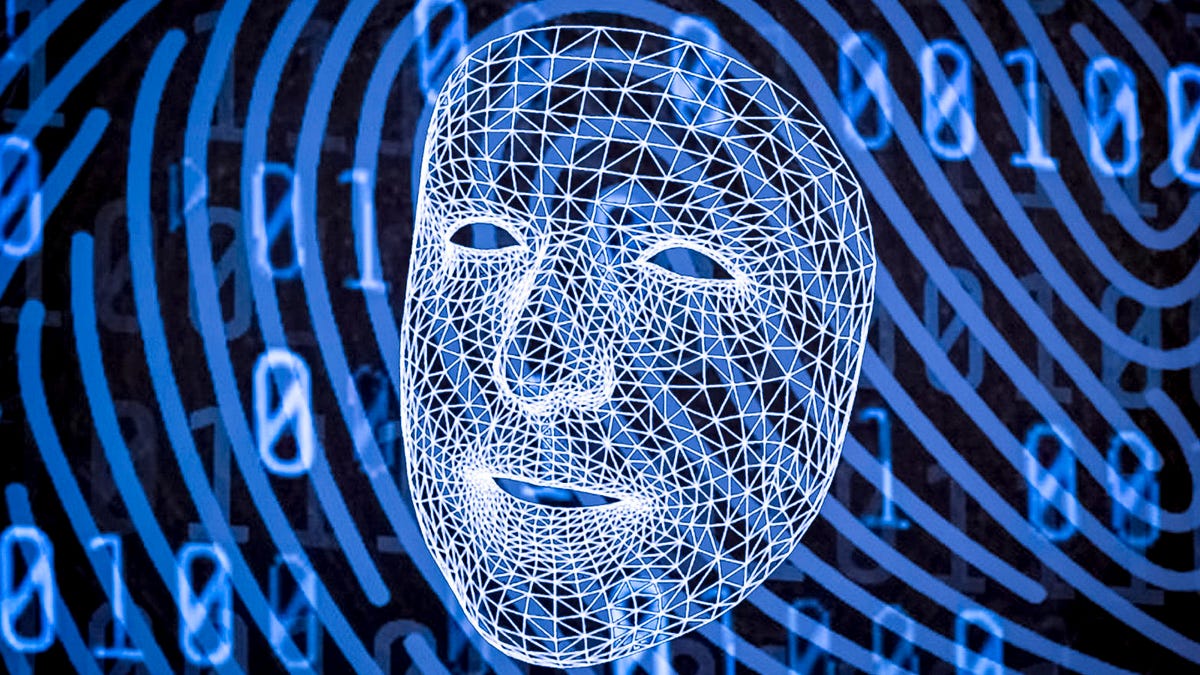Facial recognition banned in another city
Oakland, California, has followed San Francisco as the second Bay Area city to vote down the use of the technology.

The Oakland (California) City Council has voted to ban facial recognition technology.
Oakland, California, has has become third city to ban the municipal use of facial recognition technology. Late Tuesday night, the Oakland City Council approved the ordinance, which requires a second and final vote that's scheduled for Sept. 17.
Oakland neighbor San Francisco in May became the first city to ban its police officers from using facial recognition technology, citing a breach of citizens' civil liberties. The Somerville City Council in Massachusetts followed suit last month.
Oakland City Council President Rebecca Kaplan, who prepared a report on the proposed ban, cited limitations of the technology, the lack of standards around its implementation, and its potential use in the persecution of minorities, according to KPIX.
Matt Cagle, a technology and civil liberties attorney for American Civil Liberties Union Northern California, said it should be elected representatives making decisions on the government's ability to collect and use facial recognition imaging.
"Decisions about whether we want to hand the government the power to identify who attends protests, political rallies, church or AA meetings should not be made in the secret backroom of a police station, lobbied by corporate executives that market this technology," Cagle said Wednesday in a statement.
The ACLU said US House of Representatives on Tuesday night also passed an amendment to the Intelligence Authorization Act for Fiscal Year 2020 that would require the Director of National Intelligence to report on any government use of facial recognition technology (PDF).
Reports would include information on the accuracy of the technology, as well as policies and procedures to protect human rights and First Amendment rights. The law shows Congress is recognizing "that this surveillance technology presents an unprecedented threat to our most fundamental democratic values," said Neema Singh Guliani, ACLU senior legislative counsel.

